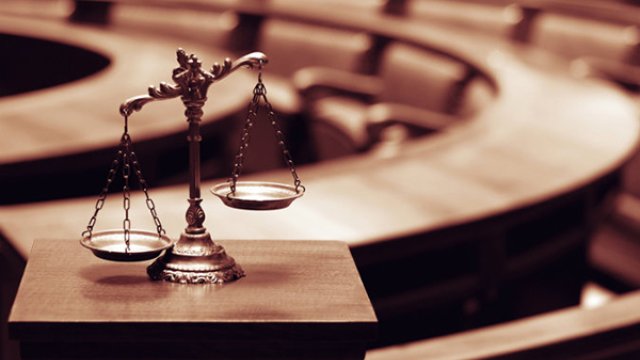Due process and legal procedure are crucial aspects of the legal system that ensure fairness and justice for all individuals. Whether it involves criminal cases or civil cases, due process is a fundamental principle that forms the backbone of the justice system.
Due process refers to the legal procedures that must be followed in any legal investigation and proceedings. It includes a set of rules and procedures that safeguard an individual’s constitutional rights, including the right to a fair hearing, the right to legal representation, and the right to confront witnesses.
In criminal cases, due process is especially important as the accused has a lot at stake, including their liberty or even life. Due process means that a person cannot be arrested and deprived of his or her liberty without the appropriate legal procedures being upheld.
The Fifth Amendment of the U.S. Constitution guarantees due process of law in any legal proceedings. Likewise, the Fourteenth Amendment ensures that all citizens are entitled to due process and equal protection under the law.
Legal procedure is the set of rules that governs the administration and enforcement of laws. These procedures are designed to make sure that the laws are applied consistently and fairly to all individuals.
Legal procedure is also designed to ensure that individuals are held accountable for their actions within the boundaries set by the law. A person cannot be sentenced or found guilty without a legal procedure that has been outlined by law.
The legal procedure includes several essential steps, starting with the initiation of an investigation that complies with the legal framework, whether it is by the police or other law enforcement bodies. After an arrest, in a court of law, the accused is presented with an indictment or bill of information that specifies the charges brought against him.
Legal procedure encompasses so many smaller steps that must be followed, such as the drafting of evidence, the trial itself, and the sentencing phase. All of these stages must comply with the legal rules and regulations to ensure they are upheld justly and appropriately.
Moreover, in certain cases, legal procedures require pre-trial motions that are evaluated and ruled on by the court before the trial proceeds. All discovery materials, such as witnesses and evidence, must also be presented according to established guidelines.
In conclusion, due process and legal procedure are the foundations of the justice system, ensuring that individuals are treated justly and fairly. Legal procedures guarantee that justice is served, and every individual’s rights are respected. As such, these procedures must be upheld.


